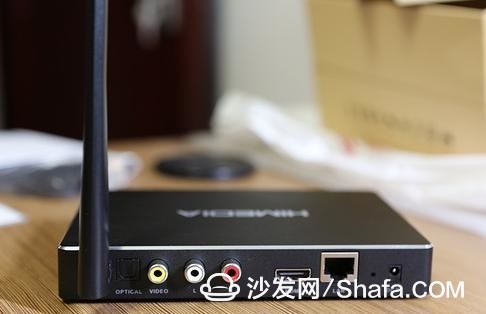




Analysis of advantages and disadvantages of 4G industrial routers
First, what is the classification of industrial routers?
Industrial Router (a communication device that can be divided into 2G routers, 2.5G routers, 3G routers and 4G routers according to network standards.
For users, you can communicate with the Internet by setting a default gateway on your PC or network device. In fact, the default gateway configured for network devices is the packet export for network devices. After the packet is sent to the Ethernet port of the router, the router performs the next job, so the router is an Internet relay.
Second, how do industrial routers work
So how does the router forward the packet? Just like getting somewhere, you need to place a route. This route is a routing table. This routing table contains all the destination network addresses owned by the router, as well as the best path to reach those networks through the router. This is because there is a routing table, so the router can forward packets according to the routing table. That's how routers work.
Understand what is an industrial router and how it works, it is not difficult to understand the advantages and disadvantages of the router. Here we focus on the advantages and disadvantages of 4G industrial routers.
Third, the advantages of 4G industrial routers
For networks interconnected via single-protocol industrial-grade wireless routers, the same or different protocols can be used at layers 1-2. Layer 3 uses the same routable protocol and requires the same or compatible protocols at layer 4 and beyond.
Industrial routers can perform complex routing calculations and are suitable for connecting three or more large networks with complex network topologies.
Industrial-grade routers can isolate broadcast storm information in the source network, thereby reducing and mitigating the impact of broadcast storms.
Multiprotocol industrial wireless routers can be used as network interconnection platforms using different communication protocols because they can connect to the network using different communication protocols.
The entire network router can also be used as a bridge to handle non-routable protocols.
Industrial 4G routers enable you to isolate unnecessary communications so that the interconnected network maintains its own area of independent management and control, thereby improving network security performance. Therefore, industrial-grade 4G routers are commonly used as firewalls to restrict access to the internal and external networks (Internet) of the LAN, as well as the internal areas of the LAN, and act as network masking.
It can provide reliable transport and prioritization services, and industrial LTE routers do not need to maintain a persistent connection between networks that communicate with each other.
Complete Netcom router network segmentation improves network performance and reduces host load.
Third, the advantages of 4G industrial routers
High price
When installing an industrial LTE router, it is difficult to install and maintain due to the large number of initial configurations
If you spend more time processing, the transmission performance of the entire network of the industrial router will decrease.
Unlike Bridges, routers across industrial networks are protocol-related. Each advanced protocol used for network connectivity must be configured separately, and an industrial-grade network-grade router with a separate protocol for each protocol must be provided.
Industrial Netcom routers do not support non-routed protocols, so when interconnecting multiple networks, there are restrictions on the protocols used by the connected networks.
4G Industrial Router,Sim Router Industrial,Industrial Lan Router,4G Modem Router Industrial
Shenzhen MovingComm Technology Co., Ltd. , https://www.movingcommtech.com